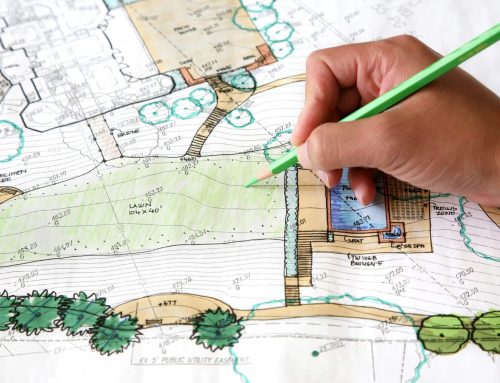Construction Management:
Construction management is the field of professional practice that manages the built environment’s design, construction, and maintenance. It is responsible for the planning, design, and construction of new buildings or additions to existing buildings, the management of the structure, and the payments of contractors and subcontractors. It also manages resources related to human, financial, and material that are required to complete a project successfully, from initiation to completion. For projects of a commercial or public nature, construction management services provide a wide variety of benefits.
Stages of construction management:
The construction manager has to determine the owner’s needs and the needs of the building. The construction stage consists of the planning, project design, pre-construction, procurement, and construction stages. The description of each phase is given below.
The planning stage of the construction
In the first step, the manager makes a plan, including a schedule, budget, and perhaps a construction timeline. The second step is to determine the most efficient, feasible, and practical way to implement the plan, considering all of the critical issues and constraints that must be addressed. The third step is to refine the plan to meet the specified goals; the fourth and final step is to execute and complete the project.
The planning stage can cover a variety of topics, including but not limited to: project scheduling, project finance, estimating the cost of labor and construction materials, bidding processes, choosing contractors, and writing specifications. If you are working on a building project, it is critical to be able to visualize the end result in your head. This allows you to imagine better how the space will function once its physical design is complete.
Project design
Architecture design is the process of planning and designing the physical appearance and functionality of a building, structure, or space intended to be occupied and used by people. Architects design buildings with a formal structure adapted to the place where it is to be built and the occasion for which it is to be used.
To manage the construction design, it is important to understand the different ways in which construction can be designed and managed. The design of a building or a structure is a process that culminates in the object’s construction. It is concerned with the structuring of the material.
Pre-construction stage
Pre-construction consists of developing a strategic plan to assist you through the construction process. It’s about creating a project plan that tells everyone what they have to do, when they need to do it, how they should do it, and how much it should cost. If all stakeholders keep to the plan and perform their duties flawlessly. In that case, the project will be completed on schedule, to standard, and within budget.
There are advantages and disadvantages to obtaining resources from local or global marketplaces. Supplies from the local market may take less time, but they may be more expensive. In contrast, supplies from the worldwide market are less costly materials, but it may result in delays and supply chain disruptions.
The final construction stage
After properly planning and gathering all the materials and other services required, we can now start the actual construction. The final construction stage is the stage following partial construction. In this stage, the construction site is visible, allowing the workers to monitor and correct the construction progress. The final construction stage is also the stage in which the construction workers hand over the construction site. At this stage, the construction workers perform what is commonly known as “passing the baton” to the owner. The stage is also most often recognized in the restoration process. It is the most difficult, costly, and time-consuming stage of the restoration process.
Benefits of Construction Management
- The primary benefit is that our projects are built to last, and we can avoid costly over-design and construction costs. In addition to the benefits of a better quality product, we can eliminate the need to manage and maintain our property.
- A second benefit is that the construction management services we provide prevent us from having to bear the construction and maintenance costs. Lastly, they offer a beneficial training experience for our employees.
- Construction management provides us with a cost-effective means to improve the quality of our lives.
- Management professionals provide strategic direction in creating sound projects and ensuring their successful completion. They help build and improve quality, safety, and efficiency.
- Managing a construction site is a complex task, especially when working safely. Construction management is a field that is still developing and constantly evolving. The best construction managers can accomplish what others can only dream of.
Hire TILG professionals for your construction management
If you are looking for a construction management company, you should hire TILG as soon as possible. Our construction management professionals can provide you with valuable services such as estimating costs, project cost breakdowns, evaluating schedules, and providing a quality job.



